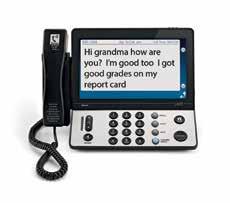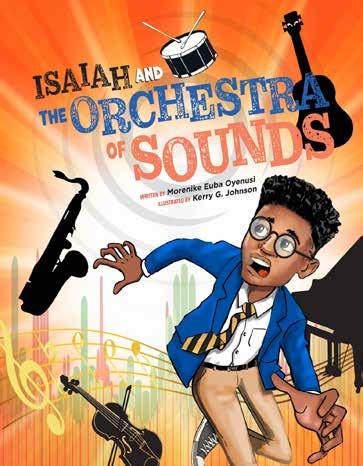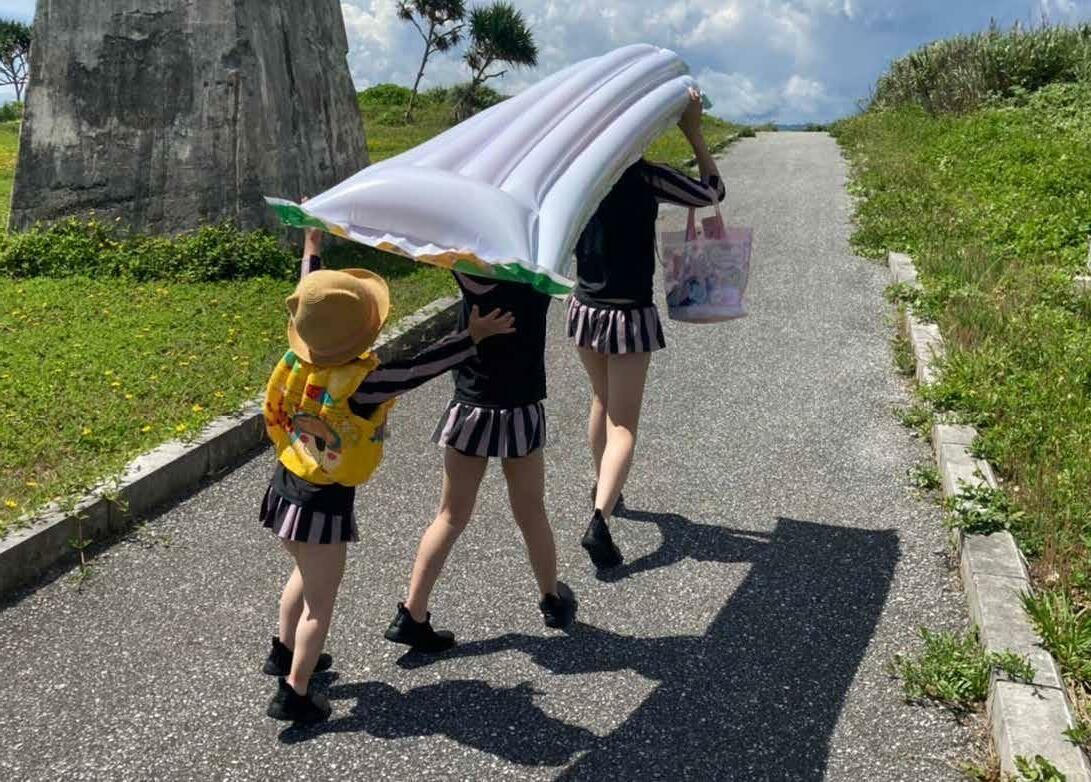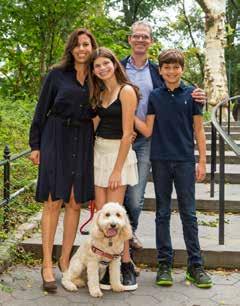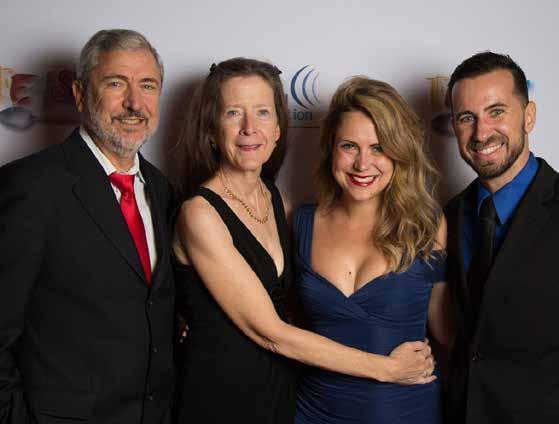living with hearing loss
hearing health foundati o n
From ‘Bionic’ Kid to Giving-Back Dad A “hearing teacher” who grew up with a hearing loss helps deaf and hard of hearing students navigate school and life. By Mark J. Miller TV’s “The Six Million Dollar Man” was a bit of a savior to me back when I was a kid in the ’70s. The show followed a former astronaut who, after an errant test flight, gets rebuilt with “bionics” that make him extra strong and extra fast. He, of course, becomes a secret agent, and viewers often got to see the electronics embedded in his skin. Meanwhile, I was walking around with a massive Zenith hearing aid under my shirt and a wire popping out of my collar and up to my ear. It helped to be able to tell other kids I was like the Bionic Man. I’d pretend to be able to hear conversations two rooms over through my before-its-time wearable tech. The ruse only worked for so long, but at least we got a few laughs out of it. I was born with a bilateral, mild-to-profound sensorineural loss due to BOR Syndrome, a rare syndrome that can affect your hearing and kidneys; my audiogram looks like a double-black-diamond ski slope. For some unknown reason, I only wore one hearing aid for most of my childhood, but eventually graduated to two behindthe-ear aids and then in-the-canal outfits once I graduated from college and had a little dough (stress on “little”). One of my sisters is also hard of hearing, but we didn’t compare notes too often about our predicament. Other than her, I had never met anyone else who was hard of hearing until my senior year of high school when a girl noticed my hearing aid and told me she had one, too. I was 14
hearing health
hhf.org
completely stunned into silence, not knowing what to say. I still feel bad about it. As an adult, I spent 25 years in the world of magazine and website publishing and absolutely loved it, but a strange thing happened. A good friend who is a teacher kept encouraging me to become a teacher, too, after seeing how much I enjoyed coaching the soccer team our young daughters played on together. While I liked the idea, I also didn’t want to take on a classroom, where it would be hard to hear students in the back. Truth be told, I didn’t want to deal with actually managing the emotional roller coaster of 30 kids, either. Plus, I loved what I did. Every day as a writer was a new adventure with new stories to tell. Then I got a phone call from my pal. “A woman came into my classroom today who is something called a hearing teacher. Have you heard of such a thing?” Well, no, I hadn’t. And so we talked about what hearing teachers do, which is meeting with deaf and hard of hearing (DHH) students and helping them with any social, emotional, academic, and straight-up technical issues related to their hearing. As hearing teachers, we are advocates for our students, teaching instructors, administrators, and even parents how to work with each child’s hearing loss. Then we teach the students to advocate for themselves. The potential impact


